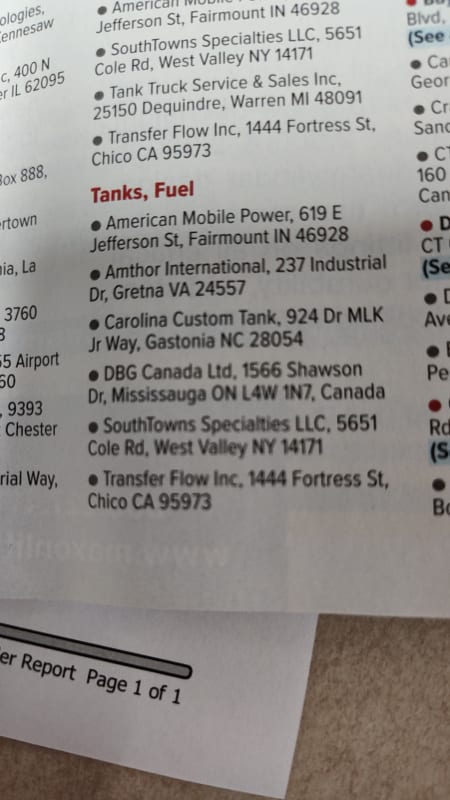Christo_AU
Structural
Hi All. We have to fabricate a 200 litre (50 gallon) fuel tank that will be underslung a trailer. This fuel is not for the truck, it is for a generator mounted on the trailer. Someone told me that it is better to fabricate it from alum sheet, because they said stainless steel sheet will crack. Can someone please validate this and explain why stainless steel sheet will crack but not aluminium sheet when used for a tank on a trailer?


